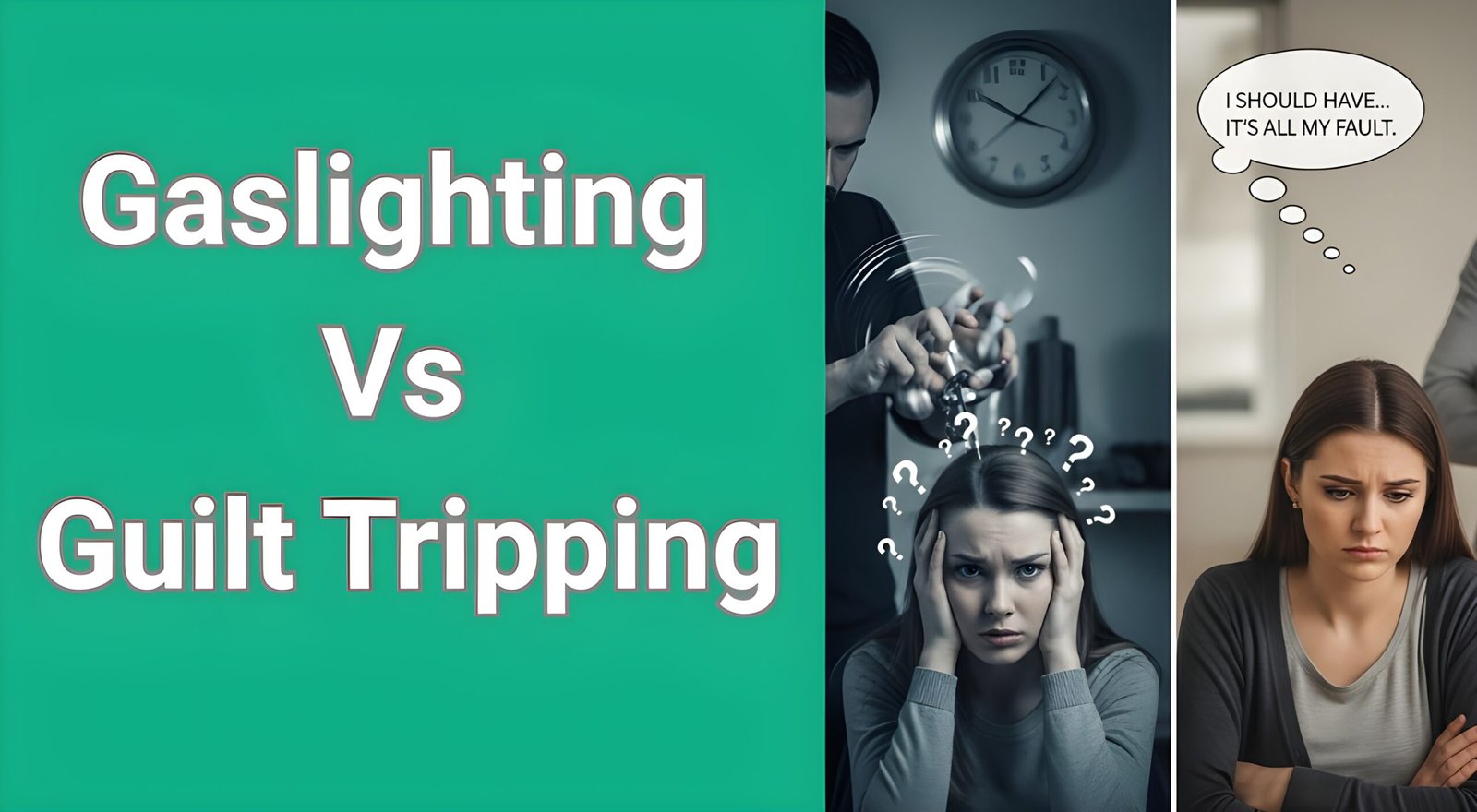Search
Have an existing account?
Sign In
© Foxiz News Network. Ruby Design Company. All Rights Reserved.
Welcome TO Narcissism Exposed
Get the Clarity, Tools, and Support
You Need To Heal From Narcissistic Abuse And Toxic Relationships
Latest Blog Posts
Take Professional Quizzes
Discover Hidden Traits with the Covert Narcissist Quiz
Uncover hidden narcissistic traits with our Covert Narcissist Quiz. Discover signs of…
Is My Husband a covert Narcissist Quiz
Discover if you're living with a covert narcissist husband. Our professional quiz…
Free Trauma Bonding Quiz: Are You Stuck in a Toxic Relationship?
Are you questioning whether your relationship is healthy or if you might…








